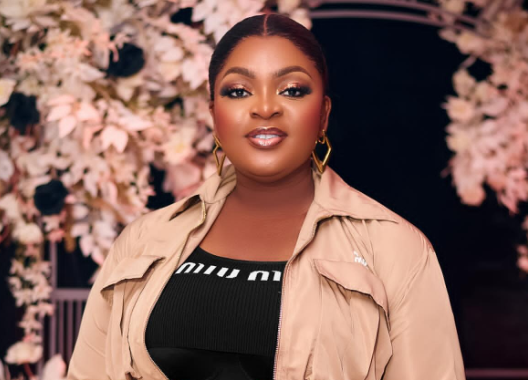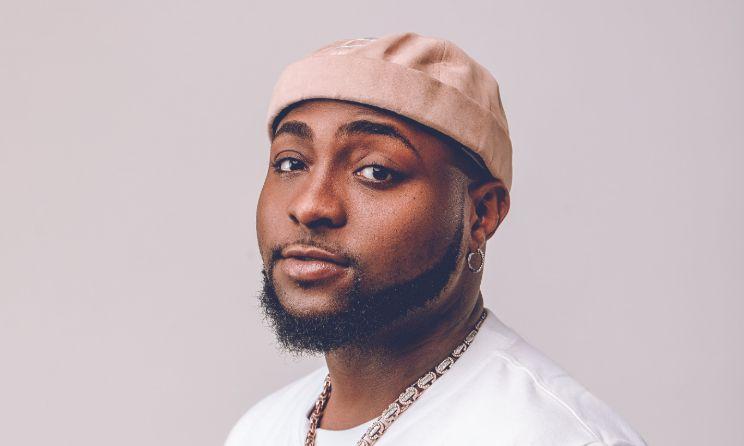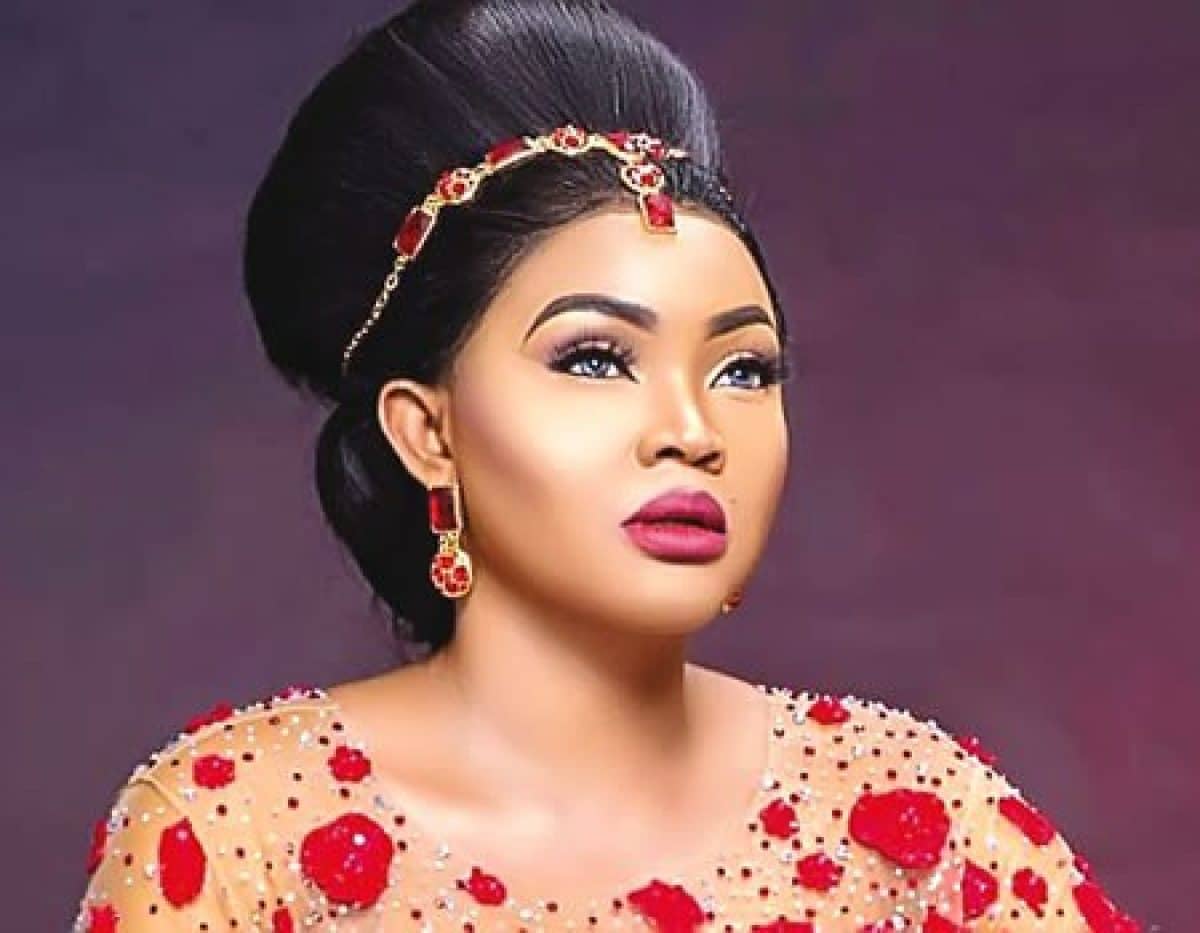Nigerian filmmaker Prince Daniel Aboki, the brilliant mind behind the acclaimed movie Mai Martaba, has set the record straight on rumors suggesting that he faced rejection in Kannywood due to his religious background and in Nollywood because of his Northern roots.
Dismissing these claims as a misunderstanding, Aboki clarified that his words had been misinterpreted following his remarks at the Nollywood in Hollywood event in Los Angeles.
“I never said I was rejected because of my religion or ethnicity. In fact, Kannywood has been my strongest pillar of support.”
The celebrated director, who has successfully navigated both Kannywood and Nollywood, spoke at length about the real challenges he has faced in the industry—challenges that have more to do with segmentation than outright discrimination.
The Real Challenge: Bridging Nollywood & Kannywood
Aboki elaborated that Nigeria’s film industry is divided into multiple segments, with Kannywood primarily producing Hausa-language films and Nollywood catering to a broader, mainstream audience.
Because of this segmentation, filmmakers like him—who create content that straddles both industries—often find themselves in a unique position.
“At times, my work is seen as Nollywood by Kannywood professionals, and Kannywood by Nollywood filmmakers. This has nothing to do with rejection—it’s simply how our film industry is structured.”
This dynamic, he noted, has led to a perception issue rather than an actual exclusion, where his projects don’t fully belong to one camp or the other.
While this has presented challenges in terms of acceptance, it has also allowed him to play a crucial role in bridging the gap between the two industries.
Kannywood’s Unwavering Support
Despite the misunderstandings surrounding his comments, Aboki expressed deep gratitude for Kannywood, emphasizing that the industry has been instrumental in his growth and success.
“Kannywood practitioners and audience members have supported me at every stage of my journey. They were there for me throughout the production and cinema release of Mai Martaba.”
He acknowledged that without the strong backing of the Kannywood community, he would not have been able to achieve many of his career milestones.
This support, he said, is what continues to motivate him to push Kannywood forward on a national and international level.
Raising Kannywood to Global Standards
One of Aboki’s major ambitions as a filmmaker is to elevate Kannywood to global recognition. He believes that while Kannywood has made significant progress, it still has immense untapped potential.
“We need to push the boundaries of storytelling, invest in high-quality productions, and showcase our culture on the world stage.”
He emphasized that Kannywood has all the ingredients for international success—from rich cultural narratives to passionate actors and directors.
The key, he argued, is for industry players to collaborate more, improve film production standards, and find ways to make Hausa-language cinema accessible to global audiences.
“There’s no reason why Kannywood films shouldn’t be competing at international film festivals or being streamed on global platforms like Netflix and Amazon Prime.”
With the right investment, storytelling approach, and marketing strategy, he believes Kannywood can command a strong global audience, just like Bollywood and Nollywood.
Challenging Stereotypes About Northern Nigeria
Beyond filmmaking, Aboki sees his work as a mission to redefine narratives about Northern Nigeria and its people.
For decades, the North has often been portrayed through a one-dimensional lens, with many outsiders assuming that the region lacks modernity, progress, or diversity.
“Through cinema, we can tell our own stories. We can show that Northern Nigeria is more than what people assume it to be. We have history, culture, innovation, and incredible talent.”
By highlighting positive, empowering stories about the North, Aboki hopes to break negative stereotypes and foster a deeper understanding of the region.
“Film is a powerful tool. Instead of allowing others to define us, we must take control of our own narrative and showcase the richness of our heritage.”
This, he noted, is why he is so passionate about pushing Northern content into Nollywood—to ensure that Northern voices are well represented in mainstream Nigerian cinema.
Creating Jobs & Opportunities for Young People
Aboki’s commitment to Kannywood goes beyond just making films—he is also dedicated to youth empowerment and job creation.
He believes that Kannywood has the potential to be a major employment hub in Nigeria, providing jobs for actors, directors, screenwriters, cinematographers, editors, and more.
“There are thousands of young people in Northern Nigeria who dream of becoming filmmakers, actors, or content creators. We need to give them opportunities.”
By investing in talent development, he hopes to help the next generation of filmmakers succeed—not just in Nigeria but on the global stage.
“The film industry is not just about entertainment. It is a means of economic growth, providing alternatives for young people who might otherwise struggle with unemployment.”
To achieve this, he is actively involved in mentorship programs, film workshops, and collaborations with other filmmakers to ensure that young, aspiring creatives get the training they need.

Strengthening Nollywood & Kannywood’s Relationship
While Nollywood and Kannywood are often seen as separate industries, Aboki insists that the future of Nigerian cinema lies in collaboration, not division.
“We need to stop thinking of Nollywood and Kannywood as two completely different worlds. We are all part of Nigerian cinema.”
He pointed out that some of Nigeria’s most successful movies—including films like The Milkmaid—were heavily influenced by Northern storytelling.
“If we work together—combining Nollywood’s reach with Kannywood’s cultural depth—we can make films that compete globally.”
His dream is to see more Nollywood-Kannywood crossovers, where actors, directors, and producers from both industries collaborate to create groundbreaking projects.
A Bright Future for Nigerian Cinema
By clarifying the misinterpretations about his career, Prince Daniel Aboki has reinforced his commitment to uplifting Kannywood, reshaping narratives, and fostering industry-wide collaboration.
With his dedication to mentorship, industry growth, and storytelling, he is playing a pivotal role in ensuring that Kannywood gets the global recognition it deserves.
Read also: Did Mercy Aigbe Get Caught Flaunting a Fake Designer Bag? Here’s the Scoop!
“I want to see a day when Kannywood films are not just popular in Northern Nigeria but are celebrated worldwide.”
With leaders like Aboki championing progressive change, the future of Nigerian cinema—across both Nollywood and Kannywood—looks brighter than ever.
















Got a Questions?
Find us on Socials or Contact us and we’ll get back to you as soon as possible.